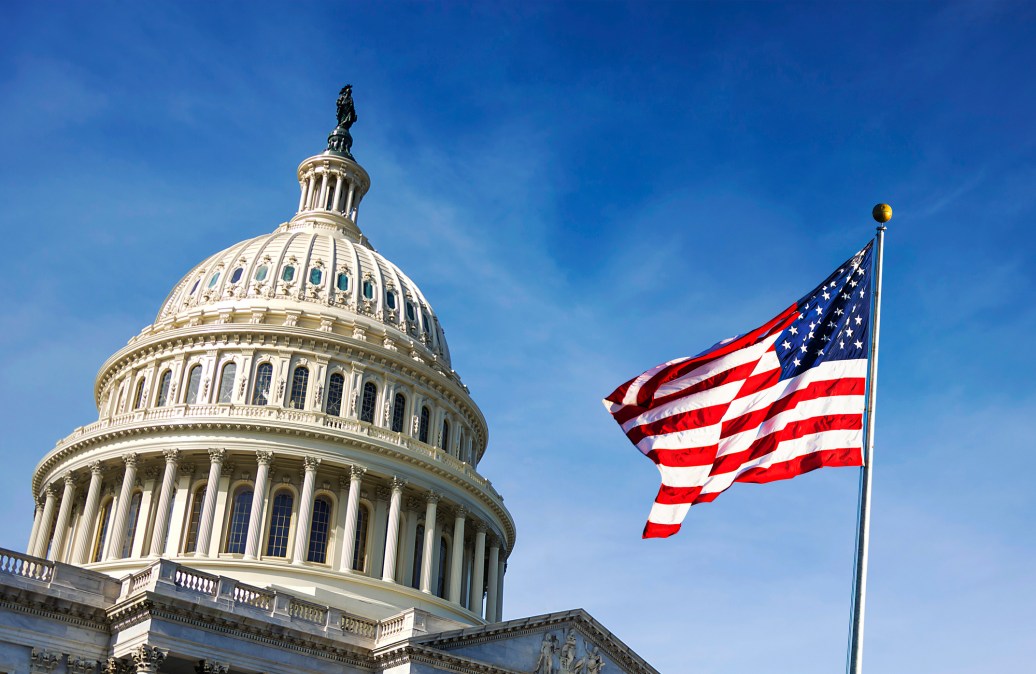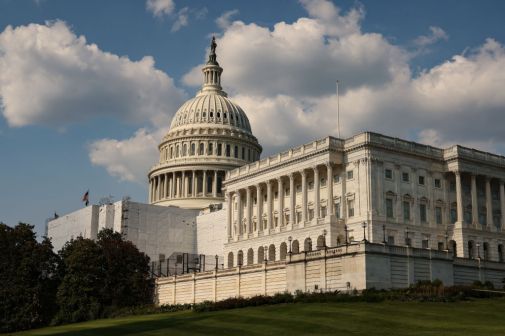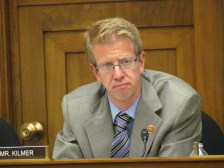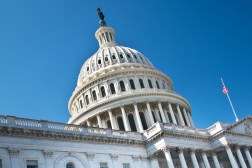2020 in review: COVID-19 accelerates congressional modernization

Philadelphia’s yellow fever outbreak in 1793 and the 1918 Spanish flu couldn’t do what the COVID-19 pandemic did for Congress this year: force it to reckon with its historical objection to institutional change.
The House of Representatives established the Select Committee on the Modernization of Congress in January 2019. And since then, most of the committee’s work has been treated as recommendations, rather than as a call for urgent and necessary action.
That is until the pandemic hit. Throughout 2020, COVID-19 has proven the importance of a congressional modernization committee and provided a springboard to largely bypass the typical staunch opposition to modernization efforts such as remote work and proxy voting.
Remote work options
The House quickly recognized the need to transition to remote work in the early days of the pandemic. Committee on House Administration Chair Zoe Lofgren, D-Calif., issued a Dear Colleague letter on March 4 informing members that unspent 2019 funds could be used to purchase the technology necessary for telework. She also urged staff to beef up their offices’ continuity of operations plans.
“We note that adopting such plans and purchasing suitable equipment to permit telework is a safeguard and investment that will protect offices in the future, including from situations where offices may need to be closed because of natural disasters,” she wrote.
On March 9, the Chief Administrator Officer also set up a House Telework Readiness Center to provide technical assistance.
Digital submissions
Congress is stubbornly analog and paper-based, but with fewer staff members around to shuttle bills and distribute Dear Colleague letters for signatures, both chambers needed a quick pivot to digital workflows.
Speaker Nancy Pelosi, D-Calif., announced a process for members and staff to digitally submit bills, co-sponsorships, and extension of remarks through an email system managed by the House Clerk on April 6. By May 20, members could also digitally submit committee reports.
Remote proceedings
The House Committee on Veterans’ Affairs held a first-ever live virtual forum on April 28 about the pandemic’s effect on homeless veterans, using Open Broadcast Software to personalize Zoom speaker displays. The Senate Homeland Security and Governmental Affairs Permanent Subcommittee on Investigations held its own virtual proceeding on April 30.
What followed was a relatively quick — for Congress — adoption of virtual and hybrid convening.
That new technology also presented new opportunities for gaffes, such as when Sen. Tom Carper, D-Del., swore during a live virtual hearing in late August.
The House altered its rules on May 15 to allow for both virtual committee hearings and, significantly, proxy voting for the duration of the pandemic. So far, 123 members have designated a proxy, or another member who can vote on their behalf.
“Convening Congress must not turn into a super-spreader event,” House Rules Chairman Jim McGovern, D-Mass., said at the time.
The introduction of proxy voting, though limited to just the current health crisis, is one of the largest updates to voting procedures since the elimination of “teller votes” in 1971 and the debut of the still-in-use electronic voting system in 1973.
The events in 2020 forced Congress to take significant strides not only in updating workflows and adopting new technologies but also in recognizing why a continuous modernization effort is important: Pelosi announced that the Select Committee to Modernize Congress will continue its work into the 117th Congress.
“Through bipartisan collaboration and a commitment to reform, I’m proud that this Committee has approved nearly 100 recommendations over the course of the last year and a half to make Congress work better for the American people,” Chairman Derek Kilmer, D-Wash., said in a statement announcing the committee’s renewal. “But our work is only getting started.”






